
In the world of travel and accommodation, Airbnb has transformed the way people book stays. Whether for vacations, business trips, or weekend getaways, Airbnb has gained popularity as an alternative to traditional hotels. While Airbnb offers numerous advantages, it also comes with certain drawbacks. In this blog, we will explore the benefits and negatives of using Airbnb compared to a hotel, helping you decide which option best suits your travel needs.
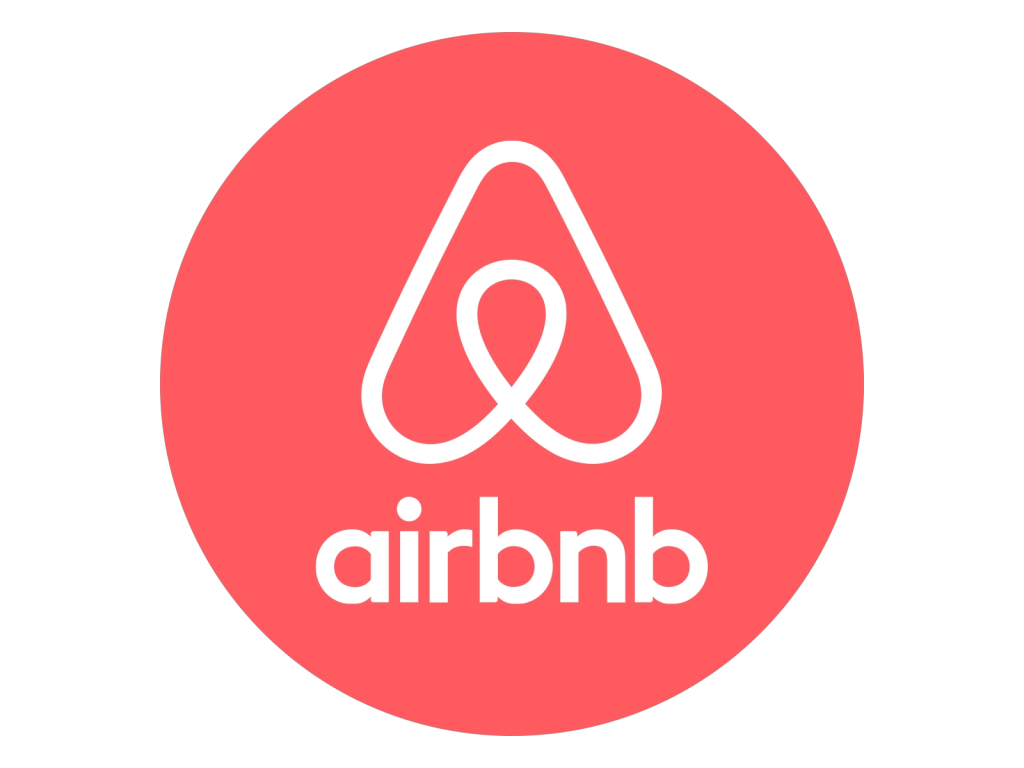
Benefits of Using Airbnb Over a Hotel
1. Cost-Effectiveness
One of the most appealing aspects of Airbnb is its affordability. Many Airbnb listings are significantly cheaper than hotel rooms, especially for long-term stays. Hotels often charge higher rates due to additional services like daily housekeeping, front desk support, and room service. On Airbnb, you can find accommodations that match your budget, whether you’re looking for a basic room or a luxurious villa. Additionally, many Airbnbs provide amenities such as kitchens and laundry facilities, allowing guests to save money by cooking their own meals and avoiding expensive hotel laundry services.
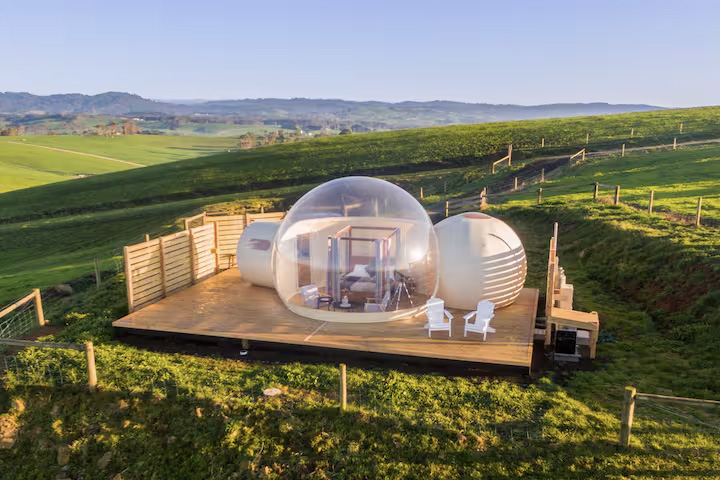
2. Unique and Diverse Accommodations
Unlike hotels, which often have standardized rooms with similar designs, Airbnb offers a wide variety of lodging options. You can stay in an apartment, a cabin in the woods, a houseboat, a luxury villa, or even a treehouse. This variety caters to different tastes and allows travelers to have unique experiences that hotels typically cannot offer.
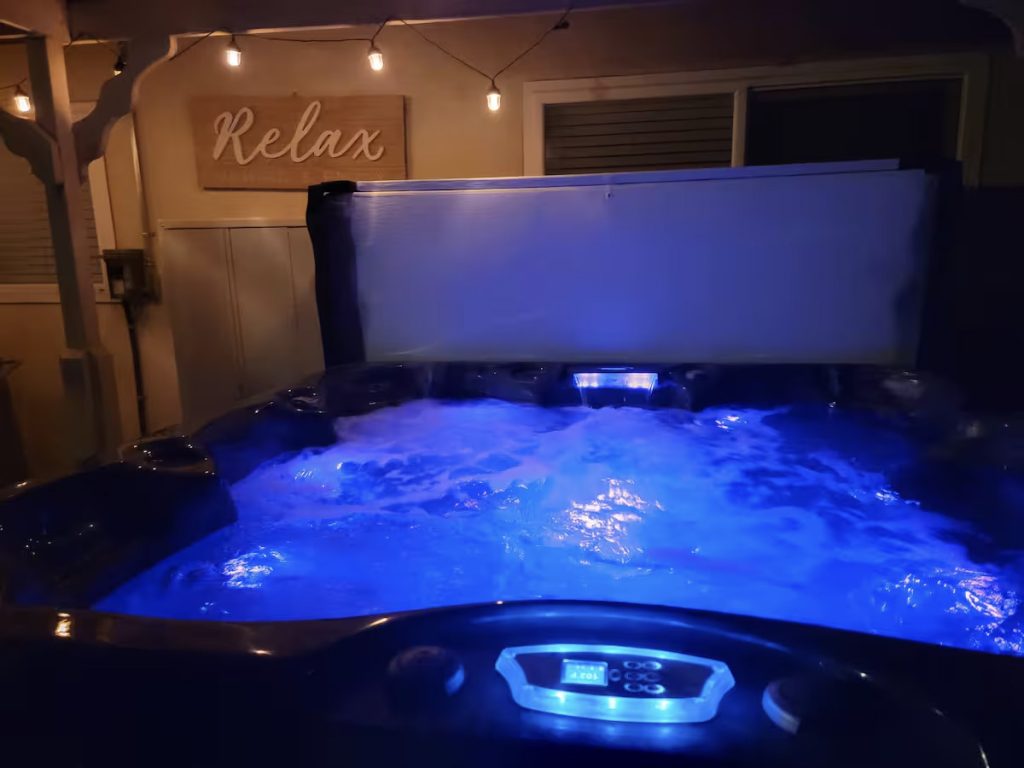
3. Home-Like Comfort and Convenience
Airbnb accommodations often feel more like home compared to a hotel room. Many listings come with fully equipped kitchens, living spaces, and multiple bedrooms, making them ideal for families, groups, or travelers who prefer a more relaxed and homey environment. This is especially beneficial for extended stays, where having a kitchen, private laundry facilities, and extra space can make a big difference in comfort.
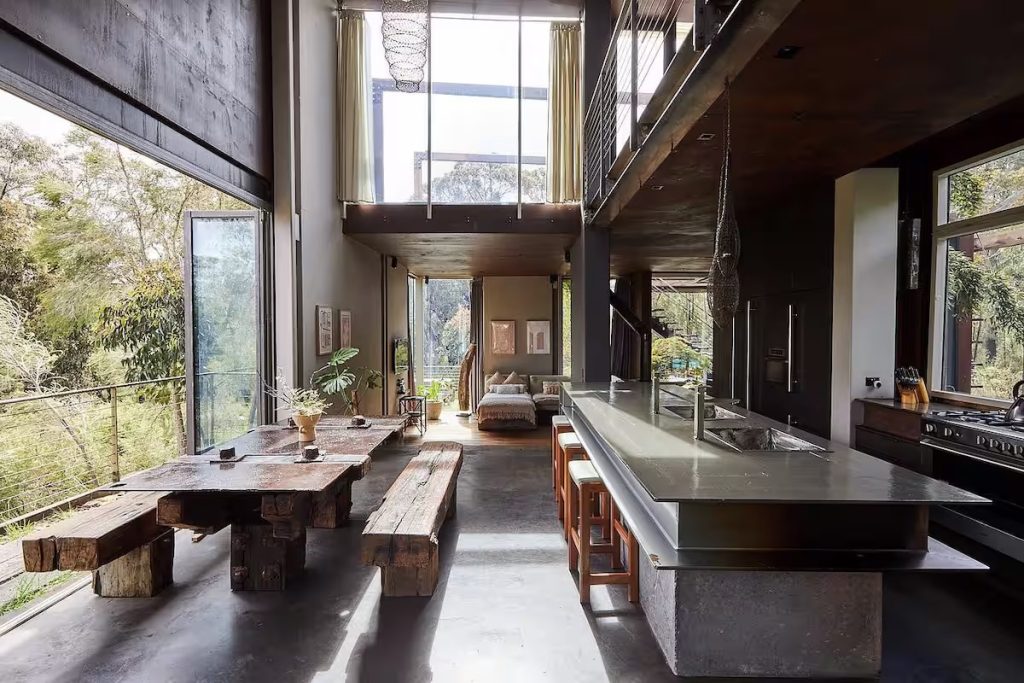
4. More Space for Your Money
Hotels, especially in busy city centers, can be quite cramped and expensive. In contrast, many Airbnb listings provide entire apartments or homes for the same or even lower price than a small hotel room. This additional space can be a huge advantage for travelers who need extra room for work, relaxation, or family activities.
5. Local and Authentic Experiences
Staying in an Airbnb allows travelers to immerse themselves in local neighborhoods, experiencing a destination as a resident rather than a tourist. Many Airbnb hosts offer recommendations for local attractions, dining spots, and hidden gems that might not be found in travel guides. This insider knowledge enhances the travel experience, making it more authentic and personal.
6. Greater Privacy and Seclusion
For those seeking peace and quiet, Airbnb can provide a more private experience than a hotel. Hotels can be noisy, with guests coming and going, housekeeping knocking, and thin walls allowing sound to travel. With Airbnb, you often have an entire home or apartment to yourself, which means fewer disturbances and more tranquility.
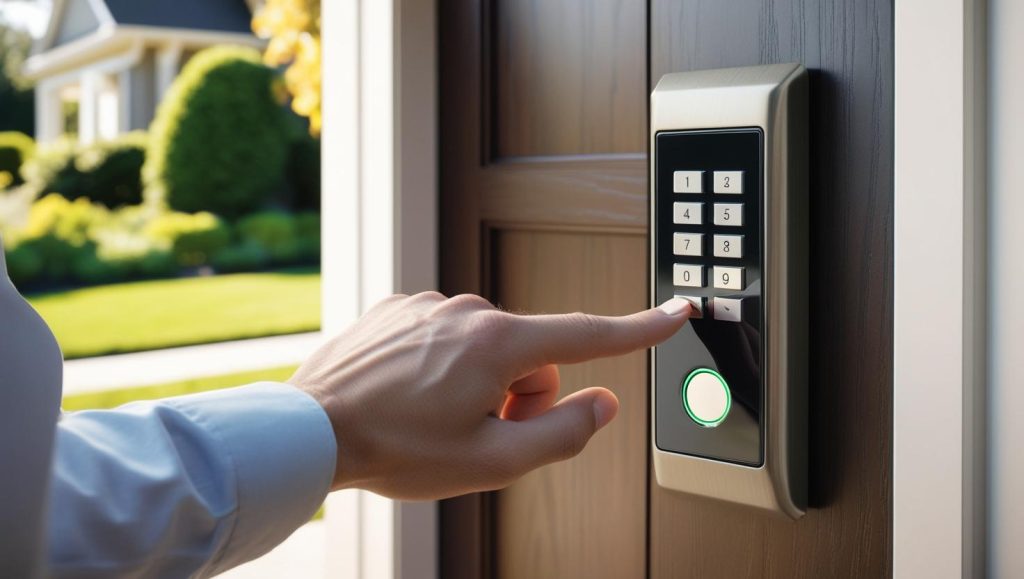
7. Flexible Check-In and Check-Out
Many Airbnb hosts offer flexible check-in and check-out times, whereas hotels have strict policies. This flexibility is especially beneficial for travelers arriving late at night or leaving early in the morning, as they can coordinate directly with the host to arrange a convenient check-in or check-out time.

8. Pet-Friendly Options
Finding a pet-friendly hotel can be challenging, as many charge high fees or have strict pet policies. On Airbnb, numerous listings welcome pets, allowing travelers to bring their furry friends along without excessive costs or restrictions.
Negatives of Using Airbnb Compared to a Hotel
1. Lack of Consistent Quality and Service
Hotels maintain strict standards regarding cleanliness, service, and amenities, ensuring a consistent experience. In contrast, Airbnb accommodations vary widely, depending on the host. Some listings may be spotless and well-maintained, while others may not meet expectations. Unlike hotels, where you can request a room change or immediate assistance, an unsatisfactory Airbnb stay can be harder to resolve.

2. Limited Customer Support and Assistance
Hotels provide 24/7 front desk assistance, concierge services, and immediate housekeeping, making it easy to address issues or special requests. With Airbnb, you rely on the host for assistance, and response times may vary. If something goes wrong, such as a malfunctioning appliance or an issue with cleanliness, resolving the problem may take longer than in a hotel.

3. Hidden Fees and Extra Costs
While Airbnb can be cheaper than hotels, the platform includes additional fees such as cleaning fees, service charges, and security deposits, which can significantly increase the total cost. Some listings also charge extra for late check-ins or additional guests, making it essential to carefully review the pricing before booking.
4. Less Security and Reliability
Hotels prioritize security with keycard access, on-site staff, surveillance, and emergency protocols. In contrast, Airbnb accommodations may lack formal security measures, leaving guests more vulnerable to safety concerns. Additionally, last-minute cancellations by Airbnb hosts can be a significant inconvenience, whereas hotels rarely cancel confirmed reservations.

5. No Daily Housekeeping or Room Service
One of the luxuries of staying in a hotel is the daily housekeeping service, which ensures fresh towels, made beds, and a clean room every day. Airbnb accommodations generally do not include daily cleaning, meaning guests must tidy up after themselves. For travelers who prefer minimal maintenance during their stay, this can be a drawback.
6. Potential for Misleading Listings
Since Airbnb hosts create their own listings, there is always a risk of encountering misleading photos or exaggerated descriptions. Some guests arrive to find that their rental does not match the images or promises made in the listing, leading to disappointment and frustration. Hotels, on the other hand, generally provide a standardized experience with accurate representations. Check Reviews to get feedback about the host experience before ever booking.
7. Complex Check-In Procedures
Hotels have streamlined check-in processes with front desk staff available to assist at all times. With Airbnb, check-in procedures can vary significantly. Some hosts provide self-check-in with keypads or lockboxes, while others require coordination to meet in person. If there are any issues, such as a lockbox malfunction or communication delays, check-in can become stressful and inconvenient. The check in process is in each listing on Airbnb making it easy to navigate as long as you know to look for it.
Conclusion
Airbnb and hotels each have their own advantages and disadvantages, making them suitable for different types of travelers. Airbnb is a great option for those seeking affordability, space, unique accommodations, and local experiences. However, it also comes with potential downsides such as inconsistent quality, lack of security, and additional fees. Hotels, on the other hand, offer reliability, professional service, and on-demand assistance but can be more expensive and less personalized. All downsides in Airbnb can be navigated by simply using reviews and filters on the Airbnb App.
Ultimately, the choice between Airbnb and hotels depends on your travel preferences, budget, and priorities. If you prioritize service, and security, a hotel might be the better choice. However, if you seek affordability, space, and a more personalized experience, Airbnb could be the ideal option. By weighing the pros and cons, you can make an informed decision that enhances your travel experience.
Leave a Reply
You must be logged in to post a comment.